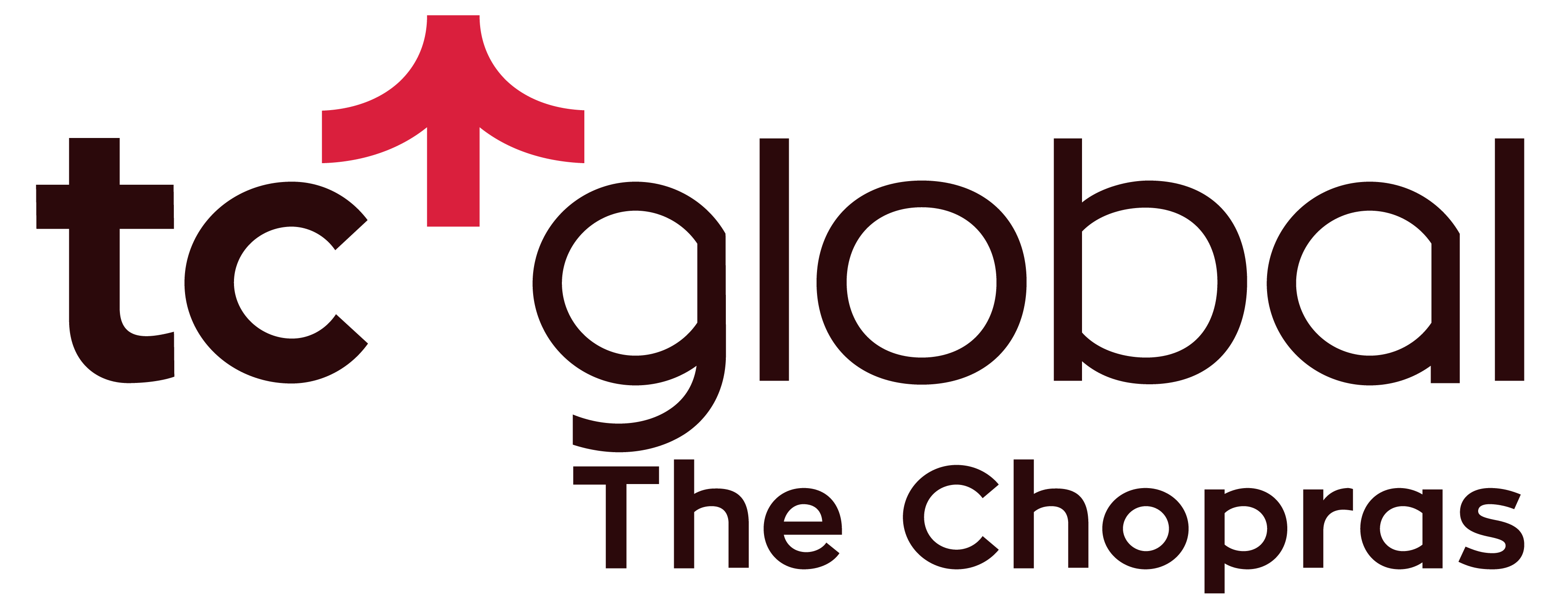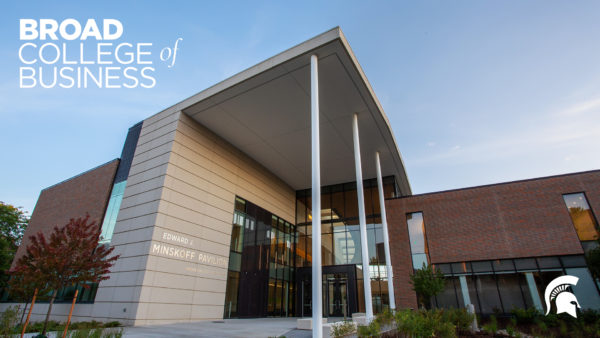
The Kellogg School of Management is the business school of Northwestern University, which is a well-acclaimed private research university in Evanston. Northwestern University (not to be confused with Northeastern) is one of the oldest research universities in the US. Established in 1908, the Kellogg School of Management has become one of the most popular and leading business schools, offering top-quality education and the best research atmosphere.
The school has a post-graduate enrolment of over 1200 students, and the alumni of the school have made a significant contribution in the fields of management studies, marketing, finance, and decision-making. The acceptance rate of the university presently stands at 21 percent.
Presently, Northwestern University has over 19 schools and colleges around the world, and there are over 21,000 students who are part of these schools. It is also the first school in the world to launch a one-year-long MBA program. Doug Monro, Arthur E. Andersen, Jai Shekhawat, Aniruddha Jetha, Steve Hafner, Andrew Youn, Chuck Templeton, Jeffrey W. Ubben, Andris A. Zoltners, and Prabhakant Sinha are popular alumni of the Kellogg school of management.
Why study at this school?
Kellogg offers a flexible study option for students; the full-time MBA is offered in different formats at the school. The students can choose one one-year full-time MBA, two years full-time MBA, MBAi, JD-MBA, or MMM. MBA is the most reputed and popular course offered by the university; the university also offers courses in 18 major areas of study, which include accounting Information & Management, Marketing, Analytical Finance, HR, Entrepreneurship & Innovation, and International Business.
Kellogg School of Management is awarded the 14th rank in the QS world ranking for the top business schools worldwide. According to the US News ranking, the school has the 8th rank, one of the best in the US.
If the student has completed the required coursework and has an undergraduate degree, the one-year MBA is the fastest way to earn an MBA degree. The school also offers an accelerated MBA program for students who are career-focused and who wish to work soon after completing the course. The best part about this is that the students can bypass core courses, take electives that match their objectives and build their network.
The MMM Program offered by the school is an immersive dual-degree program that gives students a rigorous business education integrated with a strong foundation in design innovation. MMM graduates receive an MBA from Kellogg and an M.S. in Design Innovation from the Segal Design Institute at the McCormick School of Engineering and Applied Science.
What are the career prospects after graduation?
Ninety-nine per cent of the graduate students of the Kellogg School of Management have received an offer letter within three months of their graduation. $165K is the median base salary received by the school graduates, and $ 30 K is the median signing bonus received by the graduate students. From innovative startups and competitive PE/VC firms to Fortune 500 companies, the school has a big list of intentional giants who take part in their career drives. Following are the major campus recruiters of the Kellogg School of Management:
- Adobe Systems
- Bain & Company
- Ares Management
- The Kraft Heinz Company
- DaVita
- Amazon
- The Boston Consulting Group
- Goldman Sachs
- Nike, Inc.
- Oak Street Health
- Google
- McKinsey & Company
- J.P. Morgan
- PepsiCo, Inc.
- Optum
- Meta (Facebook)
- PwC Strategy&
- KSL Capital Partners
- Procter & Gamble
- Takeda Pharmaceuticals USA, Inc
Following are the major industries selected by full-time graduates of 2021
- Consulting
- Consumer Packaged Goods
- Energy
- Financial Services
- Healthcare
- Manufacturing
- Media/Entertainment
- Nonprofit
- Real Estate
- Retail
- Technology
Eligibility
- Four-year bachelor’s degree from the US or equivalent international college-level degree
- GPA over 3.0
- TOEFL-iBT score of 100
- Two essays
- Two Letters of recommendation for the USA
- Current Resume
- English language proficiency test scores (TOEFL/IELTS)
- 250 USD as an application fee
- IELTS score of 7
- GMAT average score of 700 / 800
- GRE score of 326 / 340
Fees
The average tuition fee to study an MBA program at the Kellogg School of Management will be around $108,016 for a one-year program and $78,276 for a two-year program, and this includes tuition fees and material charges, but this doesn’t include housing or other expenses.
Students will have to pay $104,372 as the tuition fee for the MMM course, and the tuition fee for the JD-MBA will be around $101,142.
There are many other fees that students will have to think of while applying to this university: accommodation, books, travel, personal expenses, health insurance, computer equipment, university health services, and student activity, so the total cost of studying a one year MBA program will be around $157,578, and this includes all the above-mentioned factors.
Following is the fee structure for the academic year 2022-2023:
| Program |
One-year MBA |
Two-year MBA |
| Tuition |
$108,016 |
$78,276 |
| Room & Board |
$26,400 |
$19,800 |
| Books & Supplies |
$2,196 |
$1,647 |
| Travel |
$1,772 |
$1,329 |
| Personal |
$4,200 |
$3,150 |
| Health Insurance |
$5,882 |
$4,698 |
| Computer Equipment |
$1,200 |
$1,200 |
| University Health Services Fee |
$780 |
$780 |
| Student Activity and Experience Fee |
$1,400 |
$1,400 |
| Student Association Fee |
$440 |
$330 |
| First Year Fee |
$1,000 |
$2,000 |
| Loan Fees |
$4,292 |
$2,649 |
| Estimated Expenses |
$157,578 |
$117,259 |
Scholarship options
Following are the major scholarships that an MBA student can apply for at the Kellogg School of Management:
- Austin Scholars
- Finance Fellows
- Diversity Scholarship
- Brodsky Scholarship
- Charles J. Schaniel Scholarship
- The McGowan Fellows Program
- James P. Gorter Scholarship
- McGowan Fellows Program for Second-Year Students
- PepsiCo Scholarship
- Posse Scholarship
- George Terry Trust Award
- Hawryluk Scholars Award
- Frederick C. Austin Scholarships
- Forté Foundation Scholarship
- David F. and Margaret T. Grohne Family Foundation Scholarship
- David Himmelblau Scholarship























